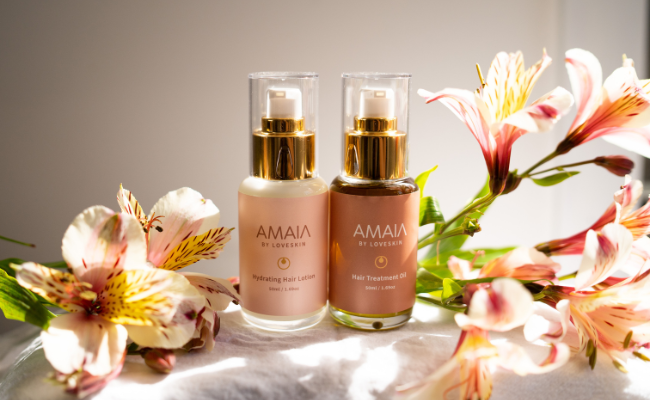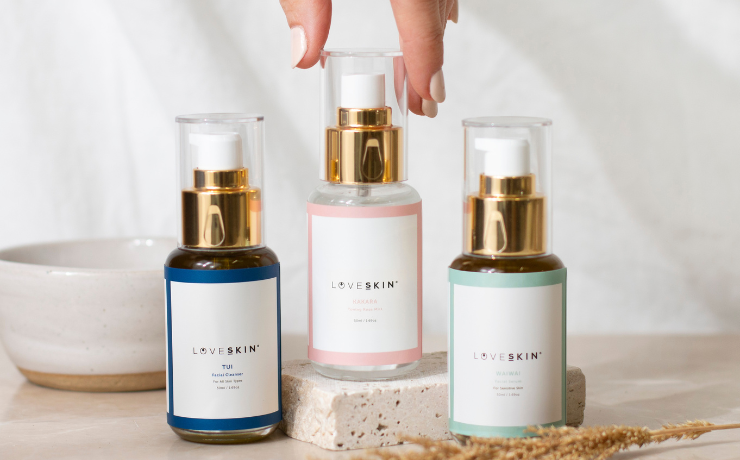How Does an Oil Cleanser Work?
This is something I get asked a lot because people really struggle with the psychological shift of using a soap or foaming cleanser, which you massage onto your skin and then rinse off along with the makeup and dirt on your skin.
Whereas with an oil cleanser, it doesn't rinse off. You wipe it off and then wiping it off you take away the makeup and dirt it on your skin at the same time.
The first thing to understand is that oil attracts oil. It's a basic scientific principle. An oil cleanser will mobilize the dirt and makeup on your skin, as well as attracting the excess oil. Effectively this means that any oil can operate as a cleanser. It's not that there's a specific oil that has cleansing properties.
The second thing to understand is that skin by its nature is slightly acidic in order to kill environmental bacteria that it comes into contact with. Whereas soap is naturally alkaline unless stated otherwise (some soaps are now formulated to be PH balanced for the skin).
When you use soap, you damage the pH levels on the surface of your skin and interrupt the skin's barrier function. That crunchy sensation that you get when you use a foaming or a soaping cleanser is actually damage to the surface of your skin.
Unlike most soaps or foaming cleansers, an oil cleanser has a very similar pH to the surface of your skin, so you can use it without damaging your skin's natural barrier. When your skin has a strong barrier function, it's able to keep out dirt and bacteria from the environment as well as locking in moisture, which means that you don't get things like acne, black heads, eczema sensitivity, and dry skin.
So if you're struggling with your skin, think about switching to an oil cleanser to rebalance the PH of your skin and allow your skin's protective barrier to heal.



